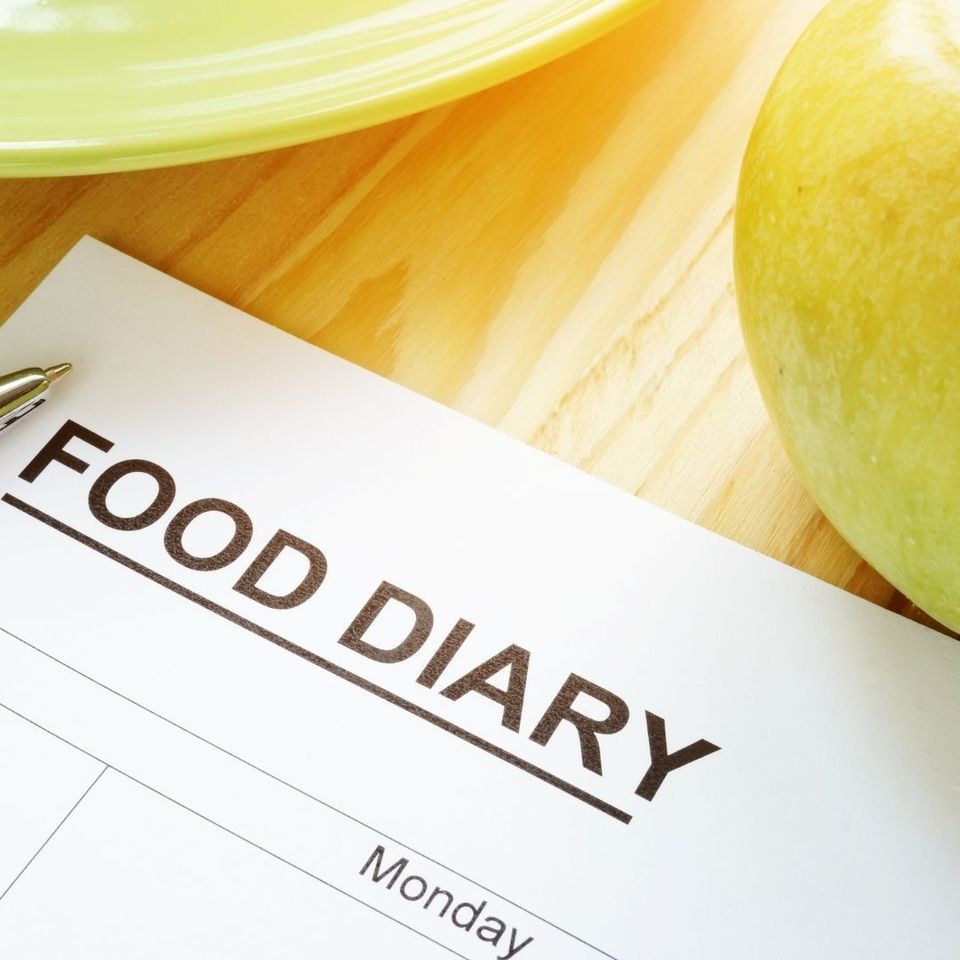Is your gut impacting your mood?
Naturopath and Kombucha City founder Gail Matthew explains how issues with our digestive system can have far-reaching consequences for our mental health.

Hands up if you know that overindulging in junk food leaves you feeling sluggish and unmotivated? Or have you noticed that when your fridge is packed with fresh fruit and vegetables, you feel happier and life seems to run more smoothly?
You are not alone – scientists are learning more about the gut-brain connection and how digestive health impacts mood and mental health.
The gut-brain connection
For a long time, researchers and health experts thought anxiety and depression caused bowel issues such as irritable bowel syndrome (IBS), diarrhea or constipation, bloating or stomach upset.
But now we know that only 10 percent of the nerves connecting the gut and the brain are sending messages from the brain to the gut. The other 90 percent are sending messages from the gut to the brain.
That means it’s likely that it’s actually bowel problems that are triggering our mood changes.
Doctor and author Giulia Enders, who specialises in gut health, tells us that the gut is an important advisor to the brain, which is a bit isolated at the top of our bodies. It sends messages about the quality of nutrients we are consuming, what our hormones are doing, how our immune system is working and what’s going on in our blood.
If the gut is signaling there is something not quite right, it can begin to impact brain function.
When you understand that interaction, it makes sense that people with ongoing bowel issues, such as IBS or inflammatory bowel disease are more likely to have a higher incidence of anxiety or depression.
Early research is also suggesting that digestion may impact our cognitive skills – thinking and memory function.
And with up to 30 per cent of the population likely to suffer from functional bowel issues (diarrhea or constipation, bloating or stomach upset) at some stage in their lives, the gut-mind connection may be impacting a large sector of the population.
Improving our digestive health
One of the keys to looking after our digestive health is eating the right foods.
Aim to eat balanced meals offering a wide variant of nutrients and a good variety of fermented food. Here are some ways to ensure you are doing that:
- Replenish the bacteria in your gut from a variety of probiotic sources. As well as stocking up on some delicious kombucha from Kombucha City, add other fermented foods such as cultured yoghurt, sauerkraut, kimchi, miso, sourdough bread or fermented sausage to your diet
- Eat a mix of cooked and raw vegetables
- Ensure every meal contains carbs, protein and good fat – eggs on toast or wholegrain cereal with fruit and yoghurt are great examples of a balanced breakfast that will kick-start your day
- Get nutrients from a variety of protein sources – don’t forget about nuts and seeds
- Make your plate a rainbow – eat as many different coloured foods as possible
- Remember that darker coloured fruit and vegetables contain more antioxidants. Eat the skin if possible – it contains most of the antioxidants
Food allergies and intolerances

Sometimes even healthy foods can upset our digestive system, impacting our mood, especially if we have food allergies or intolerances.
As a teenager and again as a new mum, I suffered from depression. When I discovered I was allergic to the nightshade family of vegetables (potatoes, tomatoes, capsicums, chillis, and eggplants are all common nightshades) I removed them from my diet.
It was like a cloud had been lifted from my life.
It’s important that we listen to our bodies and allow them to give us feedback. Note how you feel when you eat certain foods.
If you suspect something you eat is having a negative impact on your mental wellbeing, keep a food and mood diary, so you can track your reactions.
When to get help
It’s one thing to cut down on McDonald’s to feel healthier and happier but if you are dealing with digestive or mental health issues you can’t get on top of, talk to a professional, whether it’s a GP, nutritionist or naturopath.
If you suspect a particular food group is causing you issues, you may want guidance from a naturopath before you eliminate it completely from your diet to ensure you don’t miss out on essential vitamins and nutrients.
But most importantly, listen to your gut because it’s looking after your head and your health.
Posted: Wednesday 6 April 2022

